This month, we bring you news from Colombia, Brazil, Venezuela, Ecuador, Argentina and Chile. We also welcome Carolina Beresford as the new Country Coordinator for Colombia and Brazil.
Highlights are:
- Colombia: Two Urgent Actions are calling for the protection and ending of harassment of FEDEPESAN and its members, and for health authorities to control a severe health outbreak threatening the Bari people urgently.
- Brazil: Brazil has passed a landmark law to protect children online.
- Venezuela: Human Rights Watch has issued a new report outlining that dozens of political prisoners have been held incommunicado for weeks, months, and some for over a year.
- Ecuador: A new Amnesty International report reveals how a massive deployment of the Armed Forces has facilitated enforced disappearances, leaving entire families in limbo
- Argentina: Argentina has renounced its candidacy for the United Nations Human Rights Council.
- Chile: A UN committee has questioned how the State will guarantee indigenous peoples’ rights to land and ensure access to safe drinking water and sanitation
COLOMBIA
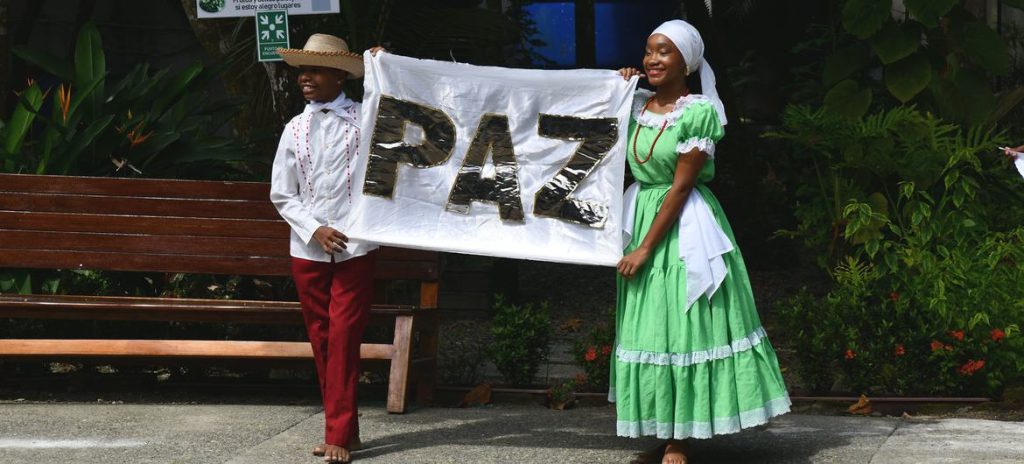
Amnesty International has issued a new Urgent Action calling for the protection of the Federation of Artisanal, Environmentalist, and Tourist Fishers of Santander (FEDEPESAN) and its members, and to end the harassment suffered by the fisher community. Between June and August, 26 fisher families from the area of San Silvestre, Barrancabermeja, were forcibly displaced after threats to their safety. The FEDEPESAN president, Yuly Velásquez, received direct death threats to her phone. Despite ongoing legal actions, FEDEPESAN member Janeth Millán was evicted from her home and assaulted by police. The Urgent Action is now on the AIUK site.
Another new Amnesty Urgent Action calls on the Colombian health authorities to urgently control a severe health outbreak with measures that respect the Bari People’s rights to health and informed, prior consent. In the Bridikayra settlement of the Bari Indigenous People in Catatumbo, dozens are suffering from fever, pain and haemorrhages, and in August, a child died after showing these symptoms. Living far from urban centres and not being provided with health services puts them at further risk. The Urgent Action is now on the AIUK site. With both actions, please copy in the Colombian Ambassador to the UK.
The UN hailed Colombia’s first convictions under its transitional justice system as a landmark for accountability and peace. The sentences against former rebel leaders mark a key step in recognising victims and advancing reconciliation, with the UN High Commissioner for Human Rights calling it a “crucial milestone” that must be reinforced by broader reforms.
In Medellín’s Comuna 13, former soldiers linked to abuses have formed a foundation to make amends through restorative justice, creating community projects and meeting victims under the JEP’s oversight. Their efforts offer some healing, but they face criticism for being slow and potentially easing accountability.
Human Rights Watch has warned that proposed budget cuts to Colombia’s Ombudsperson’s Office in 2026 would severely undermine its ability to protect human rights amid rising violence. The proposed budget is 3% below the 2025 level, representing a nearly US$32.3 million shortfall, and a 30% cut to its investment funds, which will limit expanded operations just as elections approach.
BRAZIL
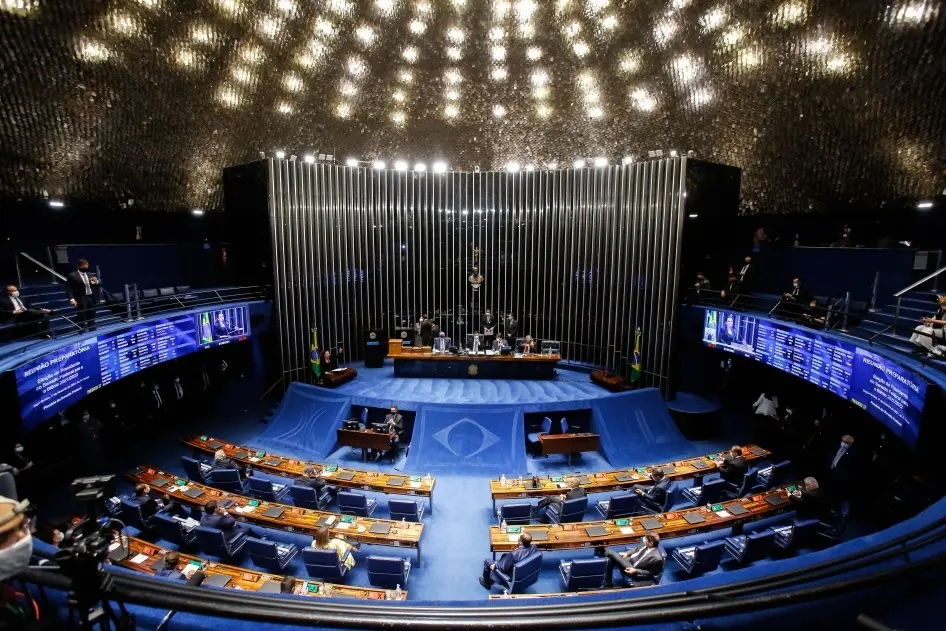
The U.S. downgraded Brazil to the Tier 2 “Watch List” in its 2025 Trafficking in Persons report, citing Brazil’s persistent failures in prosecuting human-trafficking cases – specifically, there were no prosecutions under its 2016 anti-trafficking law despite estimates of tens of thousands of victims.
Tensions between the U.S. and Brazil rose after the Supreme Court convicted former President Bolsonaro for attempting to overturn the 2022 election. His 27-year sentence reinforces accountability and civil rights, but U.S. sanctions and tariffs – condemned by President Lula as interference – risk economic harm to vulnerable populations and could undermine trust in Brazil’s judicial system.
Brazil passed a landmark law to protect children online. The new safeguards require tech companies to prioritise privacy and safety, ban targeted advertising, and ensure digital products serve children’s best interests. Building on existing data protections, the law marks a significant step in safeguarding minors online, though its effectiveness will depend on strong enforcement.
VENEZUELA
Human Rights Watch has issued a new report outlining that dozens of political prisoners in Venezuela have been held incommunicado for weeks, months, and some for over a year. In most cases, people detained had ties with opposition political parties and had been denied visits and phone calls since the day of their arrest. Most of those detained incommunicado were held in Helicoide prison, a former mall in Caracas that functions as the headquarters of the Bolivarian National Intelligence Service (Servicio Bolivariano de Inteligencia Nacional, SEBIN). The United Nations Independent International Fact-Finding Mission on the Bolivarian Republic of Venezuela has said that Helicoide has torture rooms.
ECUADOR
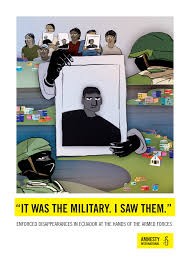 In recent years, the Ecuadorian authorities have sought to address public security challenges with a massive deployment of their armed forces. The strategy, currently known as the “Plan Fenix”, is sustained by successive states of emergency and the declaration of a supposed situation of “internal armed conflict”.
In recent years, the Ecuadorian authorities have sought to address public security challenges with a massive deployment of their armed forces. The strategy, currently known as the “Plan Fenix”, is sustained by successive states of emergency and the declaration of a supposed situation of “internal armed conflict”.
A new Amnesty report reveals how this strategy has facilitated enforced disappearances at the hands of the Armed Forces, leaving entire families in limbo. The report, entitled “It was the military. I saw them.”, documents the enforced disappearance of 10 people during five security operations in 2024 in the provinces of Esmeraldas, Los Ríos and Guayas. These cases are part of a growing wave of complaints in the country about the effects of unprecedented militarisation. Amnesty has called on President Noboa to reverse the militarisation strategy and ensure that the Armed Forces fully cooperate with investigations into the disappearances.
ARGENTINA
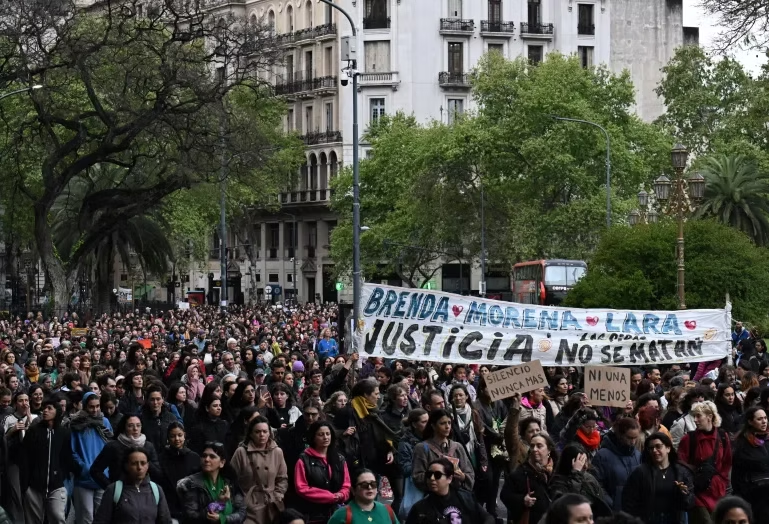
Argentina has renounced its candidacy for the United Nations Human Rights Council. The country held the presidency of the Council in 2022 and was one of its founding members in 2006, when it replaced the Commission on Human Rights. The government has made clear it would like to leave international bodies, which it believes harm the country or condition its commercial policies. Amnesty responded, “The renouncement of the role sends a worrying message about its [the government’s] willingness to follow a commitment to the rights of Argentinians.”
The government’s undermining of abortion access may violate internationally protected rights of women and girls, say Human Rights Watch, who want the government to urgently restore programs, ensure abortion, contraception and needed supplies are available nationwide. They highlight a new report by the Centre for State and Society Studies, which shows government rhetoric on abortion creates “a climate of risk and uncertainty,” causing misinformation and confusion for pregnant people on whether they can access abortion services, disrupting care, and affecting health professionals’ safety.
Last month, thousands of Argentinians took to the streets of Buenos Aires to demand justice for three young women who were murdered by a purported drug gang. The torture and murder of the women was livestreamed on Instagram. The Buenos Aires Ministry of Women and Diversity described the crime as “the most extreme expression of gender-based violence,” and prominent human rights groups denounced the murders as an example of “narco-femicide.” Argentina was once celebrated as a bastion for women’s rights in Latin America; now, protections for women are quickly being eroded.
CHILE
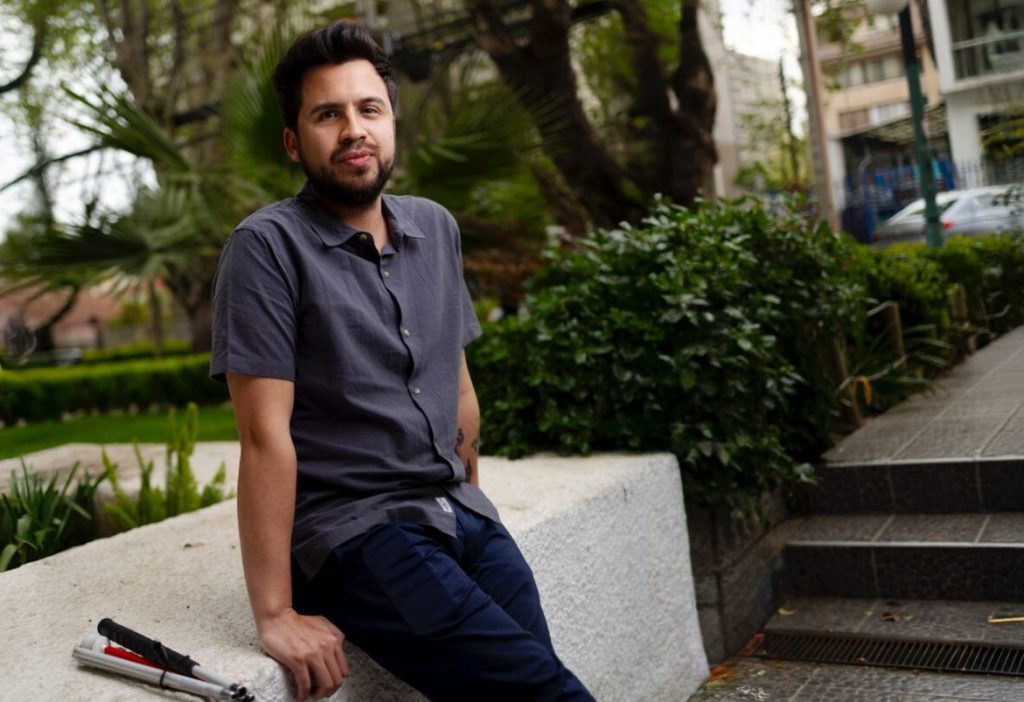
Gustavo Gatica was blinded during the 2019 peaceful protests in Chile; Amnesty International opened a Case File on his campaign for justice in 2020. The trial of his alleged perpetrator, former Carabineros officer Claudio Crespo, is ongoing, and he has given evidence. Gustavo Gatica has recently announced that he will be running for public office in Chile’s upcoming elections. It has therefore been mutually agreed that any continued campaign action or public mobilisation by Amnesty International is no longer appropriate. Thanks to everyone who has campaigned on Gustavos’ behalf over the past five years.
In 2024, the Inter-American Court of Human Rights condemned the State of Chile in the “Case of Vega González et al.”, which pertained to criminal proceedings relating to human rights abuses, including disappearances and murder. The Chilean Supreme Court had applied a “half statute of limitations” that allowed reduced sentences for perpetrators of these crimes, enabling many to evade justice. The Inter-American Court condemned this application, asserting that it undermined not only the justice for victims but also the integrity of the judicial system. The Chilean Supreme Court has begun discussing this ruling and the comprehensive reparation measures it contains.
The United Nations Committee on Economic, Social and Cultural Rights concluded its review of Chile under the International Covenant on Economic, Social and Cultural Rights. They raised questions about how the State was guaranteeing indigenous peoples’ rights to land and ensuring access to safe drinking water and sanitation. In 2022, President Boric overhauled the Water Code, a legislative framework that governs the use and distribution of the country’s water resources. However, access to drinking water remains a significant issue in rural areas, and the country faces serious drought problems.
OUR TEAM AND YOU
South America Team – Carolina Beresford (Colombia and Brazil), David Rogers (Argentina and Chile), James Baird (Venezuela) and Graham Minter (the rest of South America). Please check out our new website, and don’t forget that you can follow us on Facebook and Twitter.